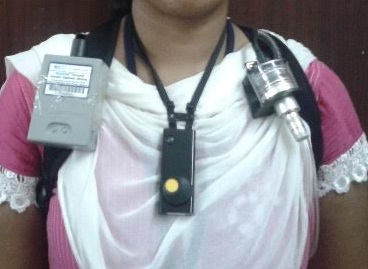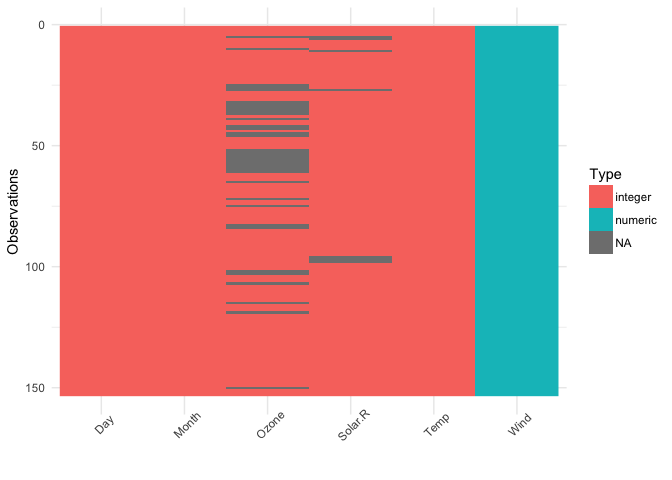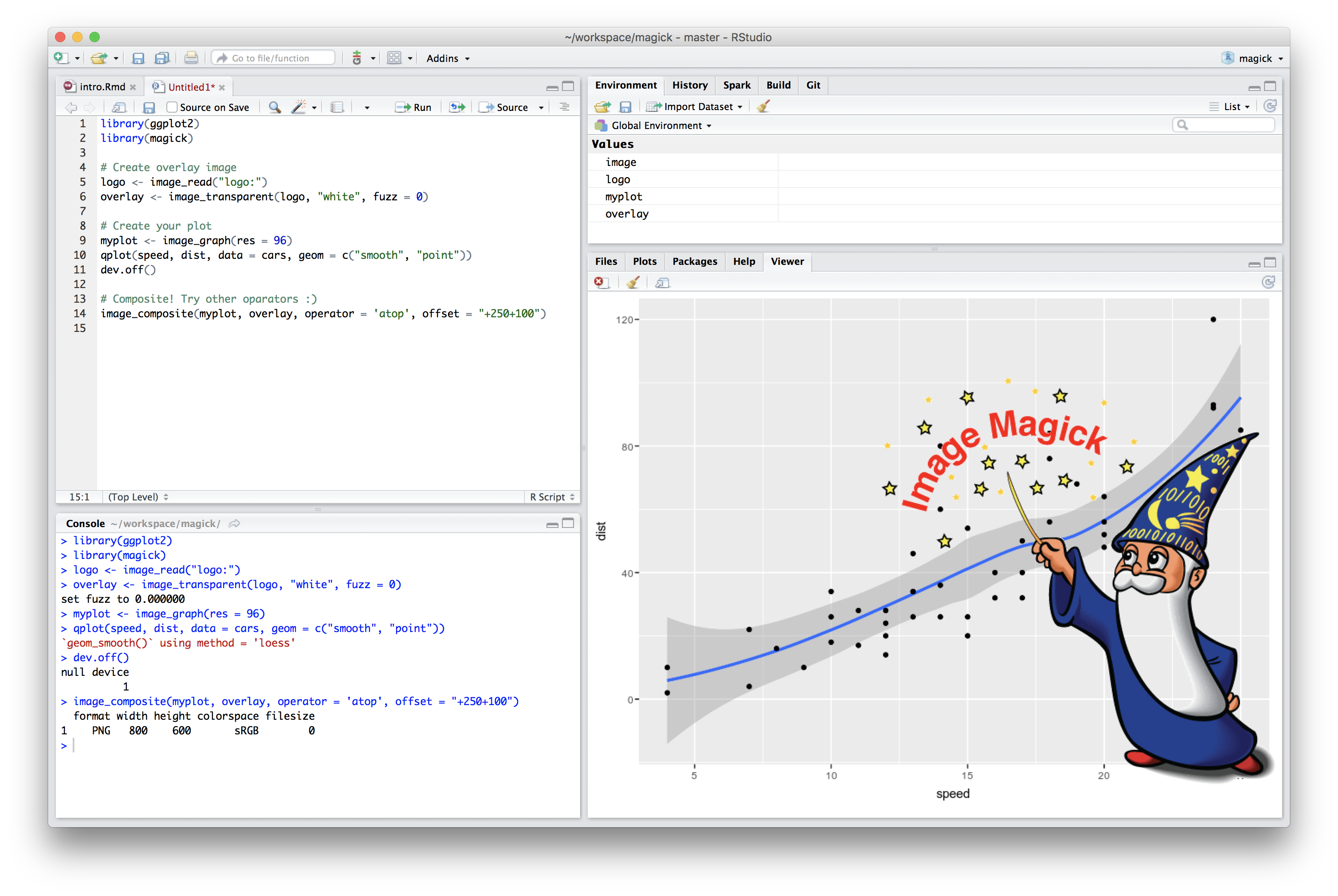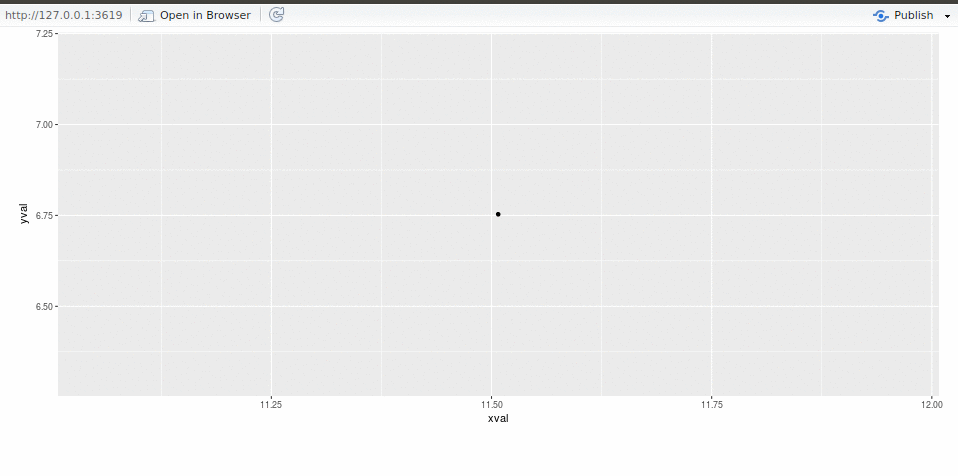The new rOpenSci spelling package provides utilities for spell checking common document formats including latex, markdown, manual pages, and DESCRIPTION files. It also includes tools especially for package authors to automate spell checking of R documentation and vignettes. Spell Checking Packages The main purpose of this package is to quickly find spelling errors in R packages.
Postagens de Rogue Scholar
En rOpenSci, creamos y curamos software para ayudar a quienes hacen ciencia en el ciclo de vida de los datos. Estas herramientas acceden, descargan, gestionan y archivan datos científicos de forma abierta y reproducible. Desde el principio, nos dimos cuenta de que esto sólo podía ser un esfuerzo comunitario.
At rOpenSci, we create and curate software to help scientists with the data life cycle. These tools access, download, manage, and archive scientific data in open, reproducible ways. Early on, we realized this could only be a community effort. The variety of scientific data and workflows could only be tackled by drawing on contributions of scientists with field-specific expertise. With the community approach came challenges.

As you might remember from my blog post about ropenaq, I work as a data manager and statistician for an epidemiology project called CHAI for Cardio-vascular health effects of air pollution in Telangana, India. One of our interests in CHAI is determining exposure, and sources of exposure, to PM2.5 which are very small particles in the air that have diverse adverse health effects.

This is a phrase that comes up when you first get a dataset. It is also ambiguous. Does it mean to do some exploratory modelling? Or make some histograms, scatterplots, and boxplots? Is it both? Starting down either path, you often encounter the non-trivial growing pains of working with a new dataset.

Last week, version 1.0 of the magick package appeared on CRAN: an ambitious effort to modernize and simplify high quality image processing in R. This R package builds upon the Magick++ STL which exposes a powerful C++ API to the famous ImageMagick library. The best place to start learning about magick is the vignette which gives a brief overview of the overwhelming amount of functionality in this package.
Since June, we have been highlighting the many projects that emerged from this year’s rOpenSci Unconf. These projects start many weeks before unconf participants gather in-person. Each year, we ask participants to propose and discuss project ideas ahead of time in a GitHub repo. This serves to get creative juices flowing as well as help people get to know each other a bit through discussion.
What is Taxonomy? Taxonomy in its most general sense is the practice and science of classification. It can refer to many things. You may have heard or used the word taxonomy used to indicate any sort of classification of things, whether it be companies or widgets. Here, we’re talking about biological taxonomy, the science of defining and naming groups of biological organisms.

Like every R user who uses summary statistics (so, everyone), our team has to rely on some combination of summary functions beyond summary() and str(). But we found them all lacking in some way because they can be generic, they don’t always provide easy-to-operate-on data structures, and they are not pipeable. What we wanted was a frictionless approach for quickly skimming useful and tidy summary statistics as part of a pipeline.

We, Alicia Schep and MilesMcBain, drove the webrockets projectat #runconf17.To make progress we solicited code, advice, and entertaining anecdotesfrom a host of other attendees, whom we humbly thank for helping to makeour project possible. This post is divided into two sections: First up we’ll relate ourexperiences, prompted by some questions we wrote forone another.